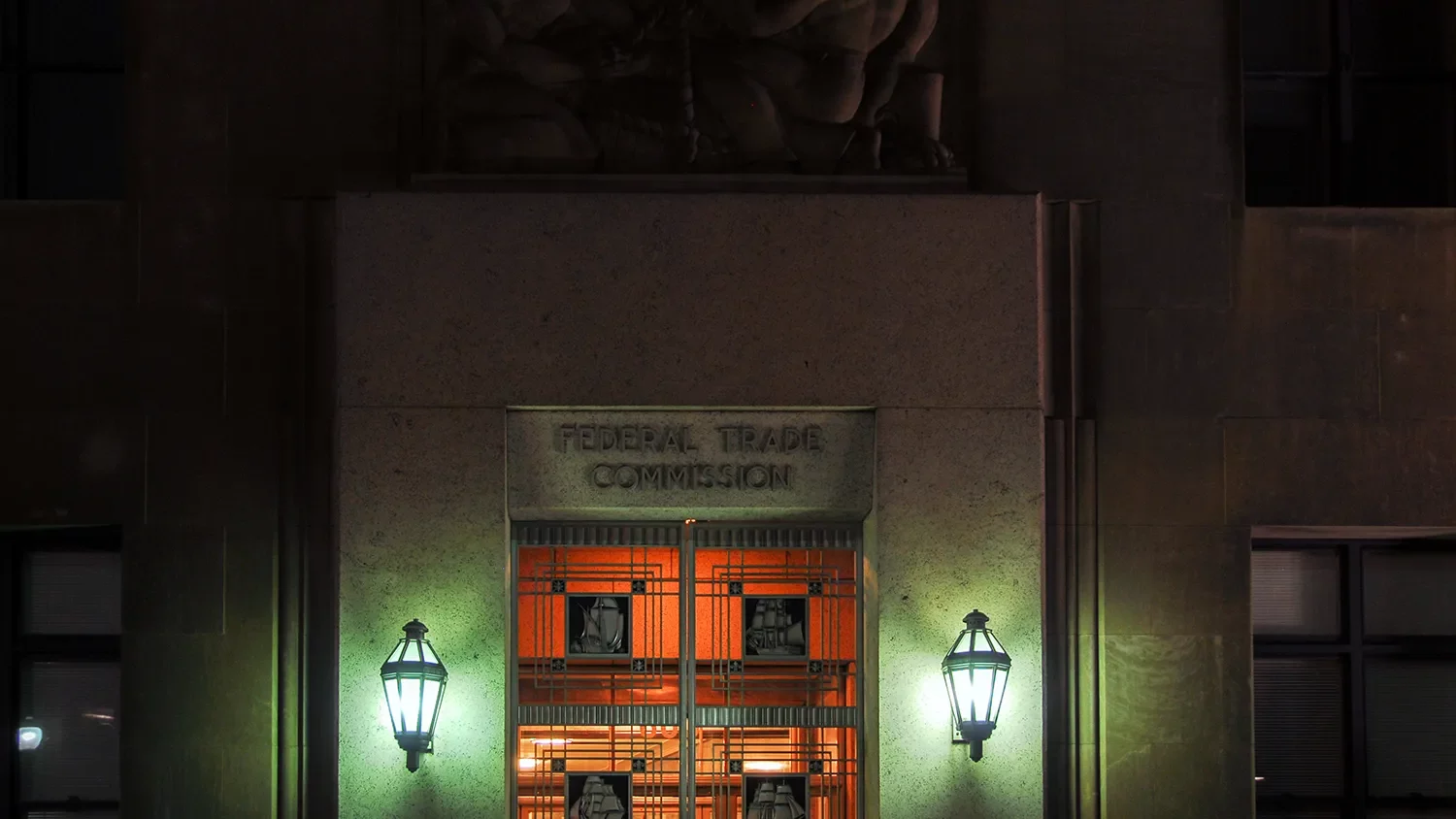FTC Hearings #3: Multi-Sided Platforms and Competitor Acquisitions
From October 15-17, the FTC held the third in its series of hearings on Competition and Consumer Protection in the 21st Century. In this third installment, the overarching focus of the three-day hearing was on multi-sided platforms. There were key narrower examinations as well, such as defining multi-sided platforms and understanding competitor acquisitions.
Multi-Sided Platforms
The first day centered on the defining characteristics of multi-sided platforms and whether adjustments to antitrust analysis are necessary to account for any special characteristics of multi-sided businesses. Key questions raised were how courts and agencies ought to define relevant antitrust markets and measure market power, and the relevance of direct and indirect network effects on multi-sided platform markets. In the second panel of the day, Ben Thompson, founder of the industry analysis blog Stratechery, introduced the term ‘aggregators’ to differentiate them from other types of platforms and better define what platforms are. Thompson held the view that the differences between aggregators and platforms are key to understanding platform characteristics, operations, and market power, thus aiding in developing proper antitrust action.
“When all users are on [one or two main platforms], what happens to the supply of content? It transitions to operating in line with [their] format. Controlling users compels suppliers to come onto their platforms on their terms.”
Discussing the market power certain platforms hold following Thompson’s points on content control, Roger McNamee, Managing Director and a co-founder of Elevation Partners, took a position in favor of greater regulation, arguing that monopolies have emerged that are undermining the economy. However, others disagreed with McNamee’s arguments and perspective on multi-sided markets. Scott Kupor, managing partner at Andreessen Horowitz, pointed out that these platforms do not operate in a vacuum; they are surrounded by competitors large and small. Kupor continued, stating “these platforms provide great opportunity for competition. Platforms are being used to jumpstart innovative new businesses with easier customer acquisition.” Steven Tadelis, Professor of Economics at the University of California, Berkeley, made clear that “it’s very important to recognize antitrust is not the panacea of solving all our big problems. If [the issue] is ‘if this looks big and big is bad’ that’s a problem.” Tadelis points out that in antitrust what is really discussed is a whole continuum or spectrum of multi-sidedness – not all multi-sided platforms are alike – rather than the black and white picture often painted to increase antitrust regulation and enforcement in cases of multi-sided markets.
Competitor Acquisitions
Another central focus of the hearings concentrated on acquisitions of nascent and potential competitors in the digital technology marketplace and anticompetitive and exclusionary conduct by firms against their competitors. Susan Athey, Economics of Technology Professor at Stanford, detailed how many types of anticompetitive or exclusionary conduct must be considered to have healthy platform competition. Judith A. Chevalier, Professor of Economics and Finance at Yale, asked “how dominant does a firm have to be to have the anti-competitive concerns override efficiency arguments?” Hal Singer, a managing partner at Econ One Research, argued that “the problem arises in verticals where the best sort of innovation is likely to come from independence. The snail’s pace of antitrust adjudication ensures edge innovation will be dead by the time a solution arrives.” Susan A. Creighton, co-chair of Wilson Sonsini Goodrich & Rosati’s antitrust practice, responded that “vertical innovation is a striking and pervasive part of tech platforms and integral to how platforms compete.”
Another topic running throughout the three-day hearing was the debate surrounding the Ohio v. American Express case. For a more in-depth discussion of the case and its nuances, see this recent DisCo post. The next hearing will begin tomorrow at the FTC Constitution Center, from October 23-24. These two days will focus on innovation and intellectual property policy with DisCo contributor Matt Schruers speaking. A schedule of the coming sessions can be found here, with hearings expected to continue through January 2019.








